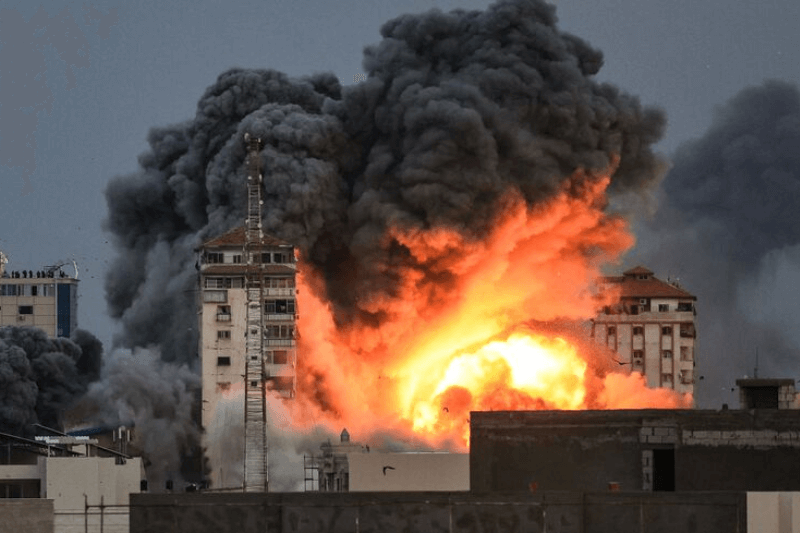
Explainer: Why Is Israel-Hamas Attack Important For Middle East Diplomacy?
The Israeli death toll after the surprise attack by the Palestinian Islamist militant group Hamas on Saturday has risen to at least 700, including 44 soldiers. Meanwhile in Gaza, which was pummelled by Israeli airstrikes, officials have reported at least 413 fatalities.
According to senior members of Hamas and Lebanon’s Hezbollah who spoke to the Wall Street Journal, Iran helped Hamas plan its surprise attack. US Secretary of State Antony Blinken, however, said Washington had not seen any evidence that Iran was behind the assault.
Israel-Hamas Attack Complicates Saudi-Israel Normalisation Deal
As the death toll rises, Israel is pointing its finger of accusation at Tehran. The attacks over the weekend may have been born of anger, especially at the months-long behaviour of the Benjamin Netanyahu’s coalition, including the provocations at al-Aqsa mosque.
But it seems Iran and the groups it supports have a longer-term goal: to put an end to the US-led efforts to achieve a normalisation of ties between Saudi Arabia and Israel, a move that would lure in Washington and in Iran’s eyes, deprive the Palestinians of their last influential sponsor.
Tehran wants to make it near-impossible for Riyadh to strike a normalisation agreement. In a speech earlier this week, Iran’s supreme leader Ayatollah Ali Khamenei delivered a thinly coded warning to Saudi Arabia that any Gulf state that backed the US was supporting the wrong horse.
Keep Reading
Restarting A Credible Peace Process Based On A Two-State Solution
The Saudi economy could shrink this year. While the Kingdom craves Israel’s technological dynamism, it also wants new US defence guarantees and access to civilian nuclear power. Riyadh also needs something tangible about the restart of Israeli-Palestinian talks.
While Saudi Arabia has called for restraint on all sides, it also recalled “its repeated warnings of the dangers of the explosion of the situation as a result of the continued occupation.” It urged the international community to restart a credible peace process based on a two-state solution.




